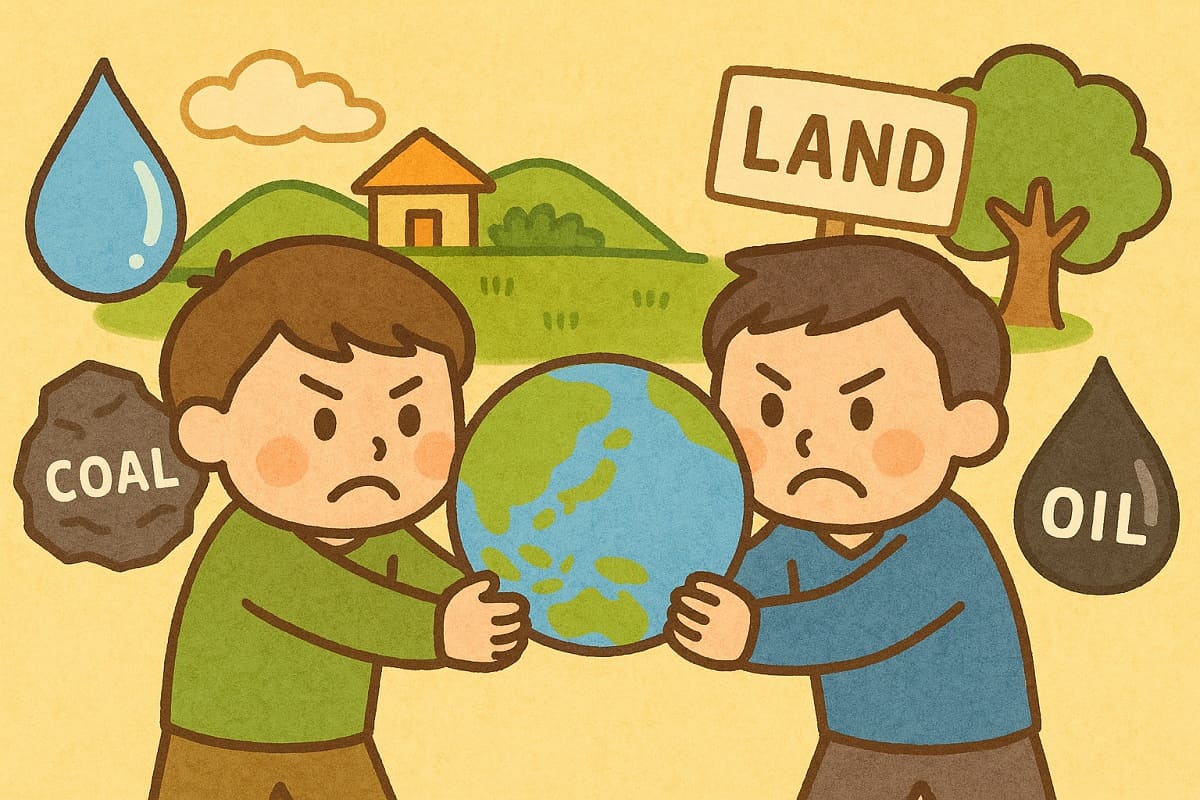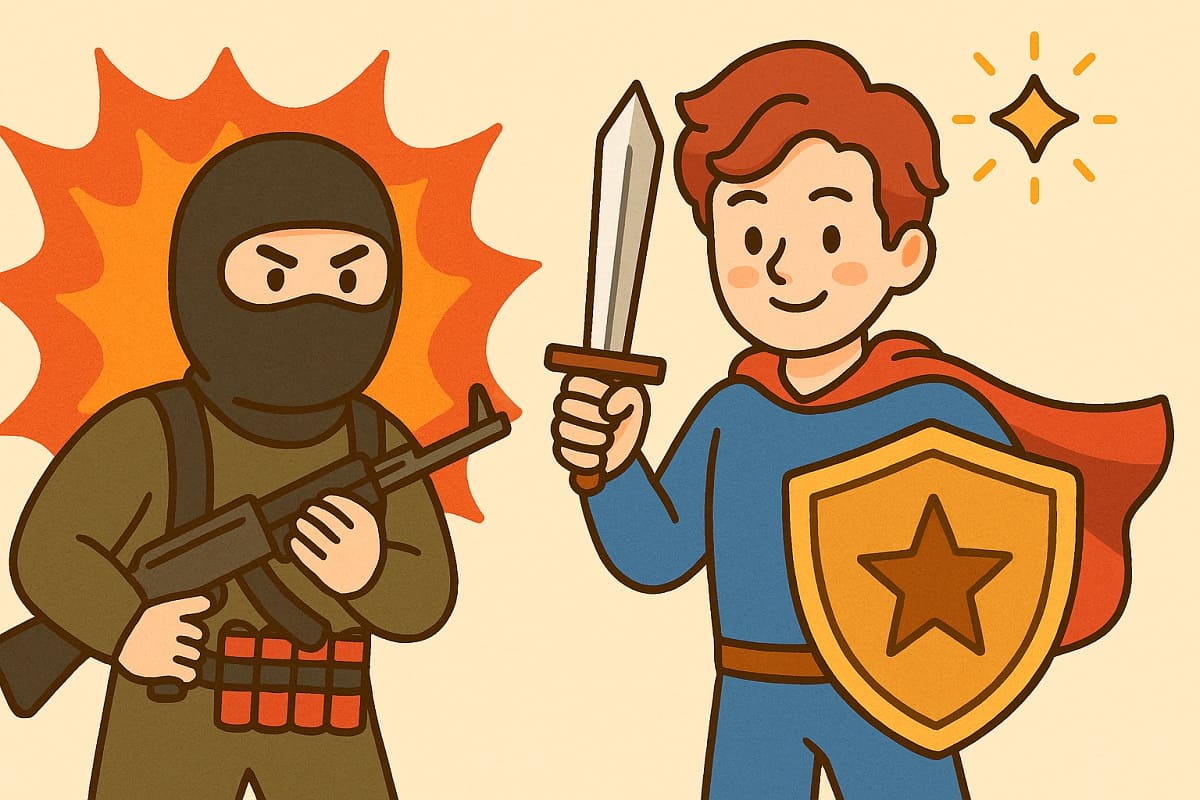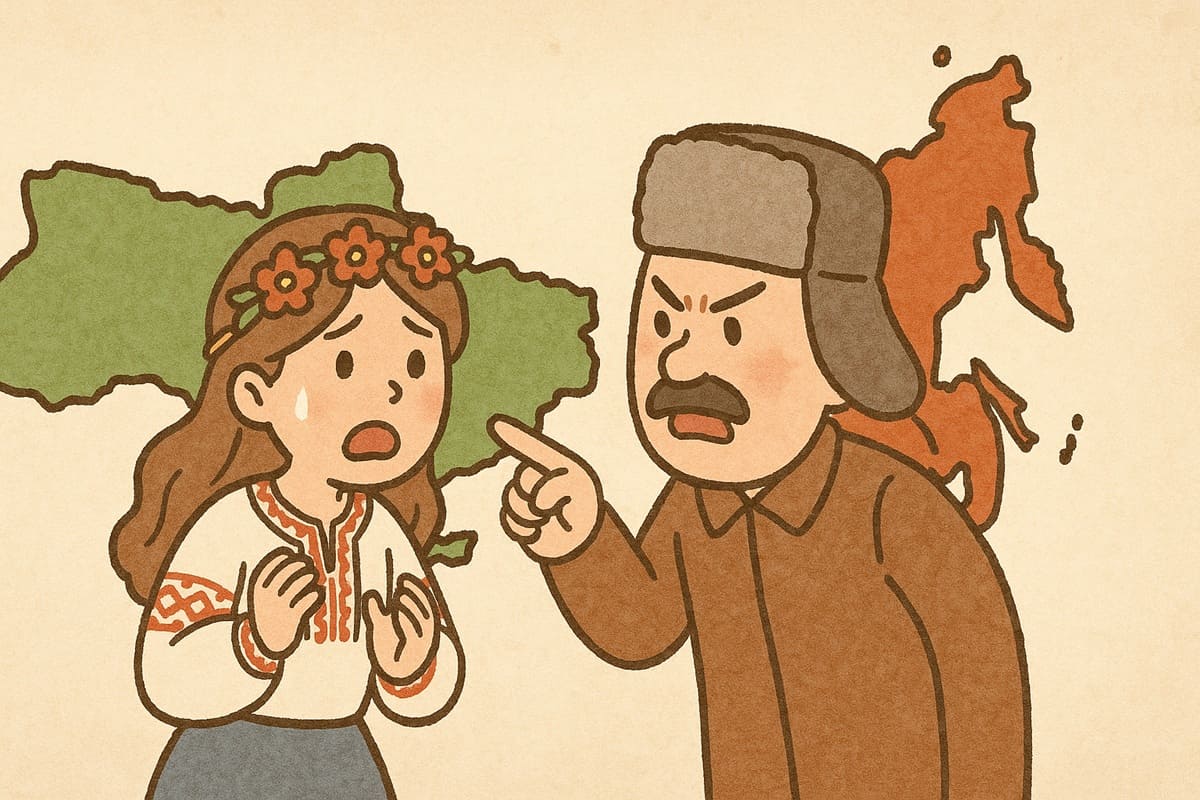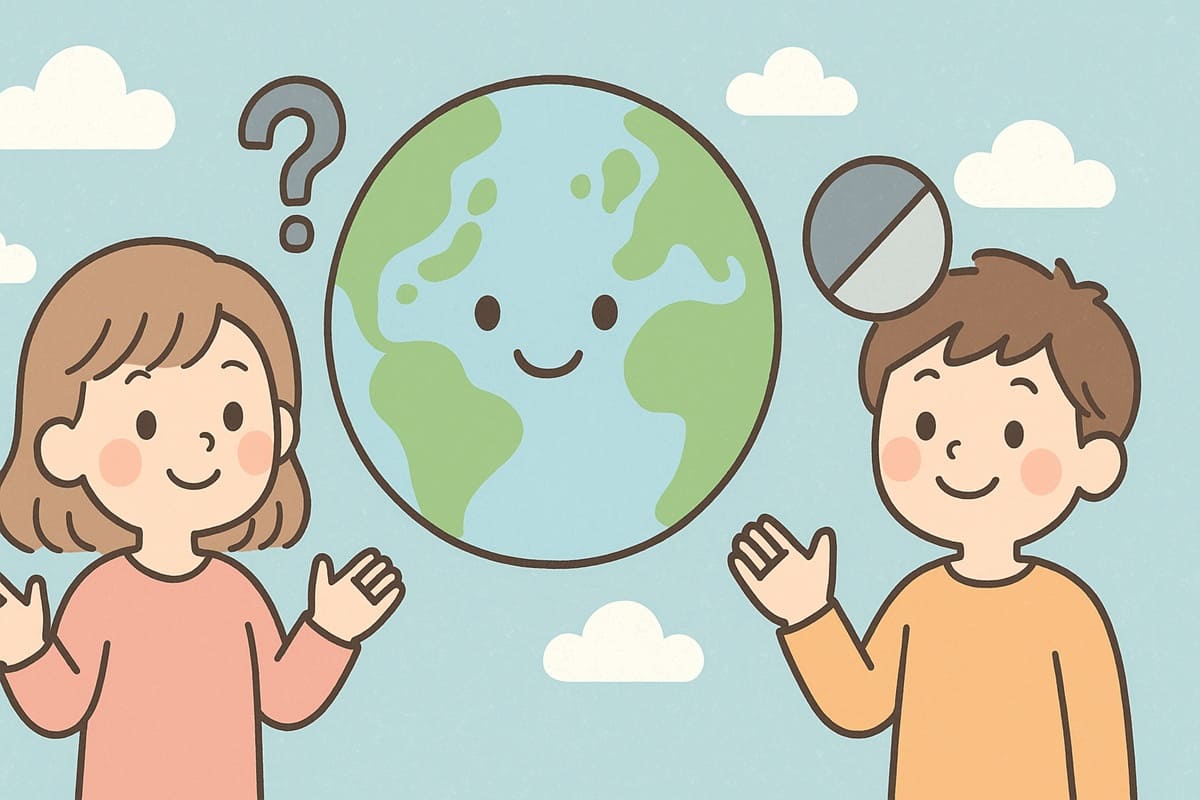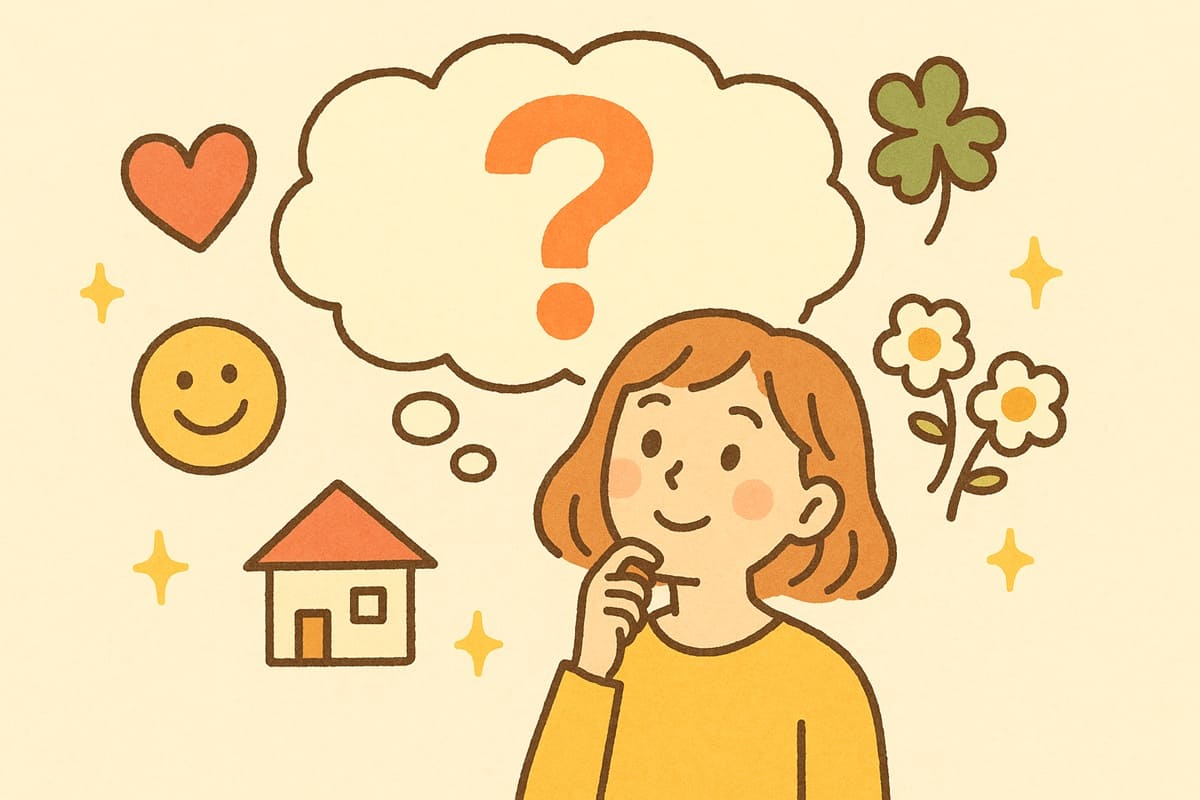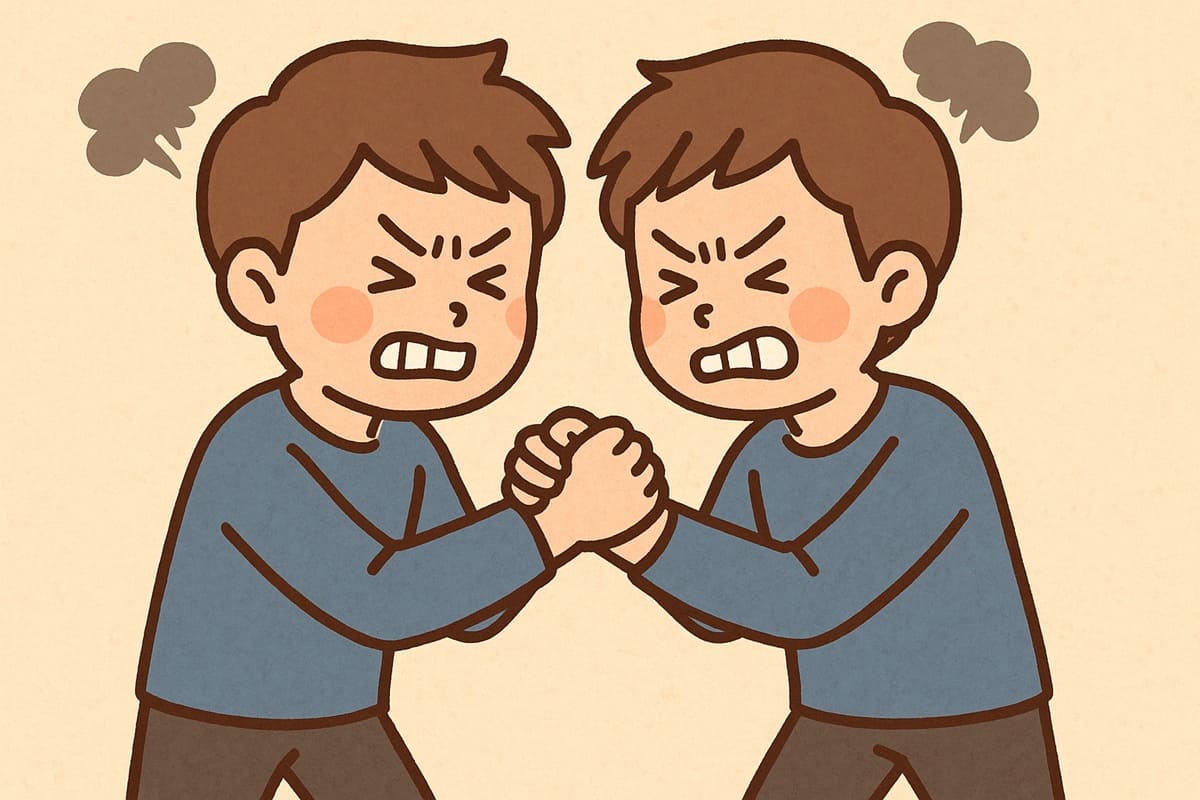How Can We Learn to Cooperate? Understanding the “Prisoner’s Dilemma”
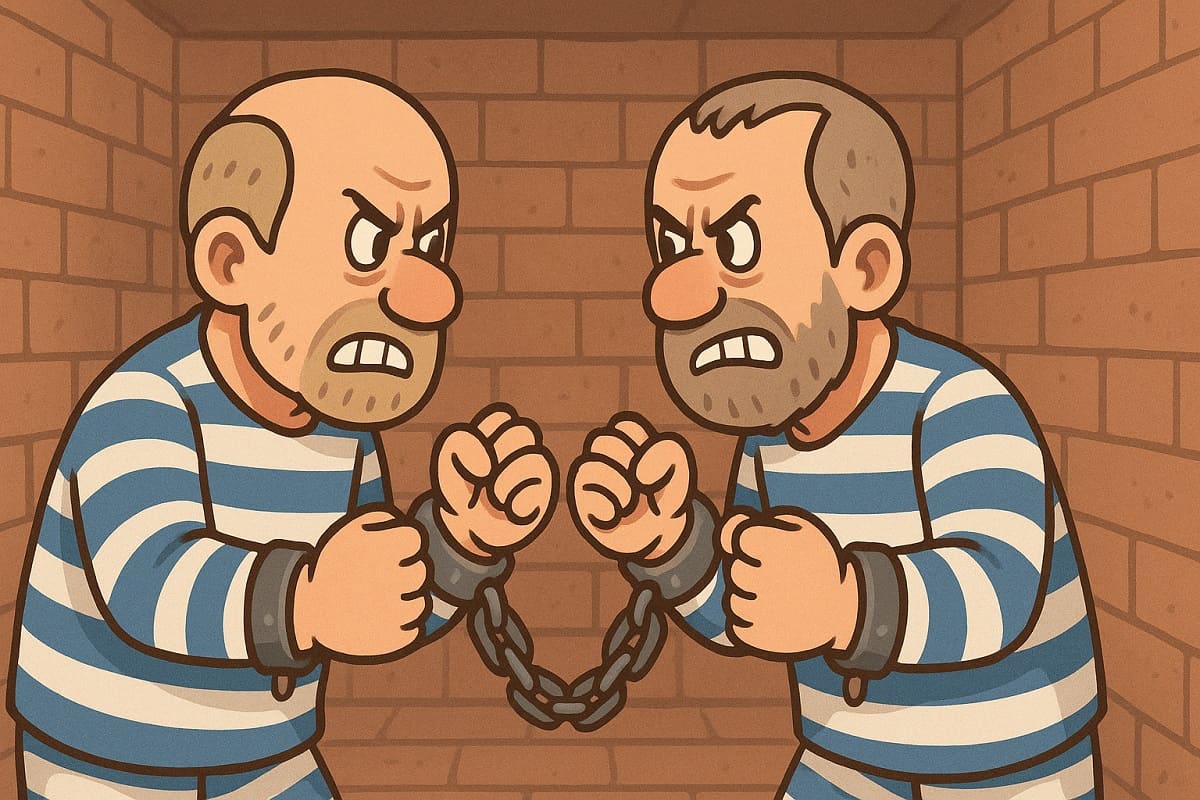
When you hear words like “war” or “arms race” on the news, have you ever wondered,
“Why can’t humans just get along and work together?”
Even though we could live peacefully, we still end up in conflict.
One reason for this is a concept from game theory called the “Prisoner’s Dilemma.”
In this article, we’ll explain the Prisoner’s Dilemma in simple terms and think together about what it can teach us about cooperation.
What Is the Prisoner’s Dilemma?
The Prisoner’s Dilemma is a kind of thought experiment that comes from a branch of mathematics called game theory.
Imagine this: Two suspects are arrested for committing a crime together. However, the police don’t have enough evidence to prove it. So they separate the two and question them individually.
The police say:
- “If you confess and tell us what the other person did, you’ll go free. But if the other person tells on you first, you’ll go to jail for five years.”
- “If both of you stay silent, you’ll each get one year in jail for a minor offense.”
- “If both of you confess, we’ll give you both three years in prison.”
So each person has two choices: stay silent or confess. Here’s how it plays out:
| The Other Stays Silent | The Other Confesses | |
|---|---|---|
| You Stay Silent | 1 year each | You: 5 years, Other: 0 |
| You Confess | You: 0, Other: 5 years | 3 years each |
If you confess and the other stays silent, you go free.
But if both confess, you both get a longer sentence.
And if you both stay silent, you each get a lighter punishment.
The problem is, both people are tempted to betray the other to save themselves.
But if both choose to betray, they end up worse off than if they had trusted each other.
That’s the core idea of the Prisoner’s Dilemma.
What Does This Have to Do with Peace?
The Prisoner’s Dilemma isn’t just a made-up story.
It actually helps explain real-world issues like international relations, wars, arms races, and even environmental problems.
Let’s imagine two countries, Country A and Country B.
Each country can choose whether to build more weapons or not.
- If both countries decide not to build weapons, they save money and stay peaceful.
- But if one country worries, “What if the other attacks us?” it may build up its military first.
- Then the other country sees this and thinks, “We’d better build up our weapons too!”
Soon, both countries are stuck in an arms race, constantly building more weapons out of fear.
This is a real-life example of the Prisoner’s Dilemma, where lack of trust makes cooperation difficult.
Instead of working together, each side thinks, “Whoever acts first wins.”
So How Can We Cooperate?
How can we break out of the Prisoner’s Dilemma and choose cooperation instead of conflict?
Here are some helpful ideas:
1. Think Long-Term, Not One-Time Only
In a one-time game, betrayal might seem like the smartest choice.
But in real life, we deal with people (or countries) over and over.
If you betray someone now, they may not trust you next time.
But if you cooperate and build trust, you can create a cycle of cooperation.
This idea is called a repeated game in game theory.
American political scientist Robert Axelrod tested different strategies in a computer competition.
The best strategy turned out to be “Tit for Tat” — start by cooperating, then do whatever the other person did last time.
So if they cooperate, you do too. If they betray you, you respond the same — but you’re always open to restarting cooperation.
Over time, this approach builds trust and benefits both sides.
2. Make Rules and Build Visible Trust
In real life, it helps to have clear rules and ways to see each other’s actions.
For example:
- International treaties or environmental agreements set shared rules.
- Inspection systems and monitoring teams help confirm if both sides are following the rules.
This way, you’re not just hoping the other side will cooperate — you can see it.
If someone breaks the rules, there are clear consequences.
In other words, this changes the “rules of the game” to make cooperation the smarter choice.
3. Try to Understand the Other Side
The most important thing of all is empathy — trying to see things from the other person’s point of view.
- Why is that country acting the way it is?
- Is it really untrustworthy, or just afraid?
- Have we done anything that made them feel threatened?
Asking these kinds of questions and looking through the other side’s eyes can be the first step toward mutual understanding — and cooperation.
Conclusion: What Can We Learn from the Prisoner’s Dilemma?
The Prisoner’s Dilemma isn’t just a math puzzle.
It shows us how real people, communities, and countries behave when they don’t trust each other.
- Trust isn’t easy.
- But without it, conflict continues.
- That’s why it’s so important to think about how we can build trust and work together.
Peace isn’t something that’s handed to us.
It’s something we build together through effort and understanding.
Let’s start by learning about the challenges of cooperation — like the Prisoner’s Dilemma —
and thinking about how we can overcome them.

